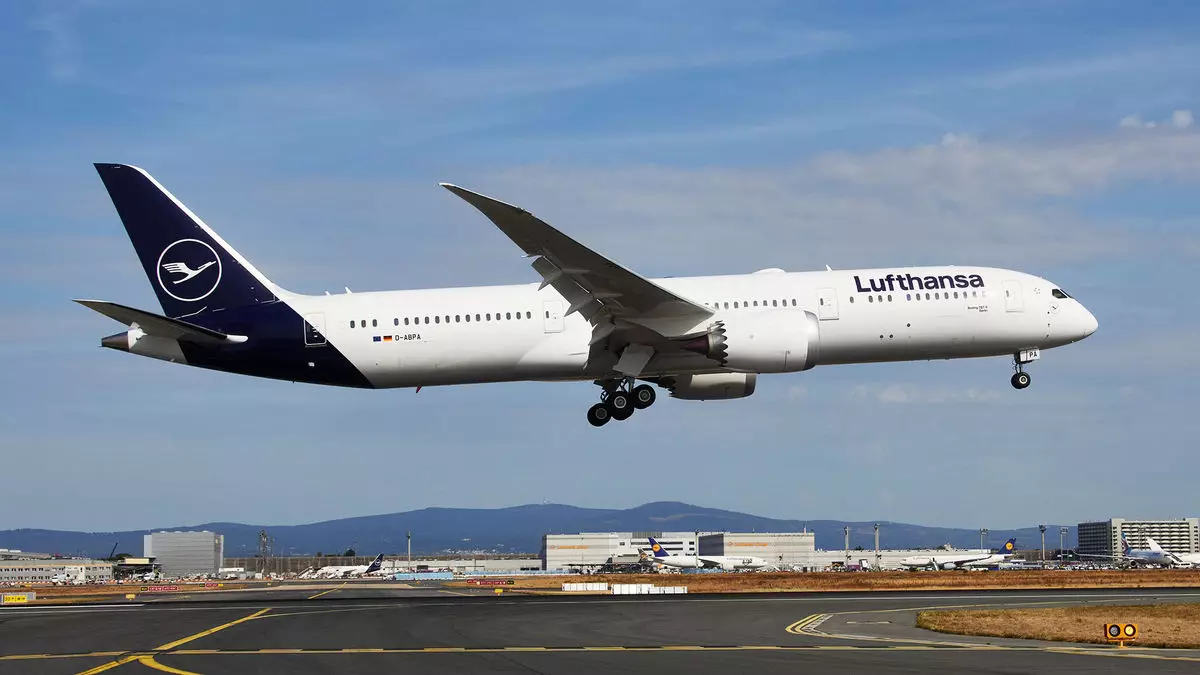The recent sanctions imposed by the Department of Transportation (DOT) on Lufthansa and its sister airline Swiss highlight critical issues surrounding aviation safety and regulatory compliance. The airlines were fined for operating United codeshare flights in restricted airspace over Baghdad, Iraq, contravening Federal Aviation Administration (FAA) regulations. The penalties—$220,000 for Lufthansa and $200,000 for Swiss—serve as a stark reminder of the importance of adhering to established guidelines in international air traffic.
Understanding the FAA Regulations
The FAA has set forth strict regulations concerning flights through potentially hazardous airspaces. Particularly, as of October 2020, these regulations dictate that U.S. airlines, as well as foreign carriers operating under U.S. airline codes, cannot fly below 32,000 feet over Baghdad. This rule is extensive in nature, aimed at preserving the safety of flight operations in regions with heightened risks. It is imperative for airlines to maintain compliance to avoid both legal repercussions and potential threats to passenger safety.
According to the DOT, the violations by Lufthansa and Swiss occurred over a significant period, with Lufthansa’s infractions recorded between March 2022 and April 2024, while Swiss faced penalties for breaches between February 2022 and March 2024. Both airlines claimed they had filed flight plans in accordance with FAA regulations but faced challenges in executing these plans due to lack of authorization from local air traffic controllers in Baghdad. This raises questions about the reliability and functionality of international coordination in air traffic management, particularly in volatile regions.
The sanctions come with a provision: each airline can have half of their fines waived if they maintain compliance over the next year. This incentive structure intends to encourage adherence to regulations and promote a culture of safety among airlines. Nevertheless, it also puts forth a troubling narrative where financial penalties are seen as a cost of doing business, potentially undermining the importance of compliance over profit.
Comparison to Broader Regulatory Context
Lufthansa and Swiss are not isolated cases; their fines add to a growing list of penalties the DOT has issued against foreign airlines for similar infractions of FAA airspace regulations. With previous citations including hefty fines against Emirates, Etihad, Air Canada, and Ethiopian Airlines, the DOT is clearly taking a strong stance on ensuring compliance from foreign operators. This trend reflects a more stringent regulatory landscape for international airlines, especially in conflict-prone regions.
The imposition of fines on Lufthansa and Swiss serves as a cautionary tale for airlines about the magnitude of adhering to international aviation regulations. With the stakes as high as passenger safety and national security, the responsibility falls heavily on airlines to establish robust compliance frameworks. As the aviation industry navigates the complexities of international airspace, regulatory bodies must continue to enforce rules that prioritize safety over competition, ensuring that all flights are conducted with the utmost care and adherence to regulations.


Napsat komentář